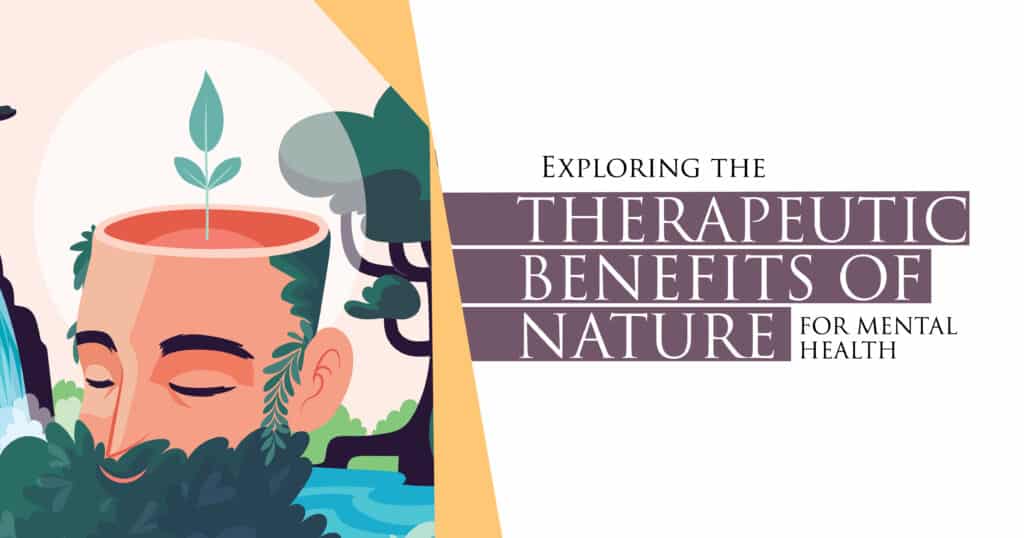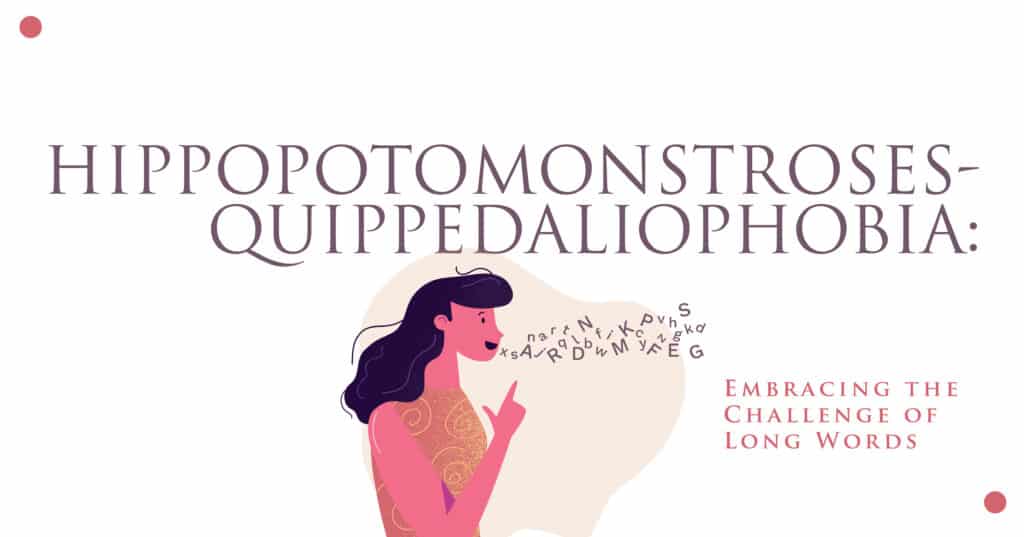The world today is stressful, fast-paced, and overwhelming. With buzzing phones, pressure at the workplace, and other responsibilities in life, it can become a lot to handle. However, one little-known easy and accessible solution to this situation of overwhelm is nature. Step outside, take a deep breath and submerge yourself in the majesty of the world you have been given, and your mental health will be transformed.
Essential Takeaways
- Nature reduces stress and anxiety: These are some of the excellent reasons to spend time outdoors, as natural outdoor activities can dramatically reduce levels of hormones causing stress and anxiety.
- Nature boosts mood and mental clarity:Being out in nature is good for mood and mental clarity, as it helps one focus, be creative, and improve emotional well-being.
- Even small amounts of time in nature matter: Even a little amount of time in nature may matter. Small doses throughout the day can even add up to make a pretty big difference for mental health.
In this article, we will discuss the powerful bond between nature and psychological well-being, why it works, and how you can easily incorporate it into your life.

The Connection Between Nature and Mental Well-being
Understanding the Mind-Body Connection
Nature has that wonderful property to mirror your mind and heal your body. It is highly connected with the whole mental and physical being, and nature has a great role in this connection. Studies have proved that a stay outdoors reduces the levels of cortisol, the major hormone of stress, and lowers blood pressure in such a way that both the body and soul relax easily.
It’s not just a matter of being calm. The bond between a person’s head and body is crucial for physical well-being. When you feel well in your mind, there’s less chance that the body might suffer from chronic stress-related conditions like heart disease or gastrointestinal problems. Similarly, when your body is healthy, your head will cope with emotional upsurges much better. Nature gives your brain space to relax, refocus, and recharge.
Why Nature Calms the Mind?
One of the greatest impacts of nature on the brain is how it restores one’s attention. We live in an age of distractions, with what’s prominent: being unable to focus. Be it emails, social media, or work tasks, a person’s brain seems to work overtime every day. This leads to mental fatigue, burnout, and stress.
At the same time, nature can provide quiet shelter for this noise. Natural environments provide what is known as “soft fascination” in the Attention Restoration Theory (ART). According to ART, nature serves as a rest for the brain while offering gentle stimulation that will not bore a person. This light balance aids in the restoration of concentration and fighting psychological fatigue, allowing a person to easily return to daily duties with a clear head.
How Nature Benefits Specific Mental Health Conditions?
Managing Anxiety and Stress Through Nature
An immediate effect of spending time outdoors is its capacity to lower anxiety and stress levels. As little as 20-30 minutes spent outside can reduce stress levels. Whether walking in a park, sitting by a lake, or hiking through a forest, it minimizes one’s body’s fight-or-flight response caused by living in a stressful world.
For an anxious mind, time in nature can be simple but very effective. Being outdoors perhaps through gardening, doing yoga in the park, or even just sitting under a tree shifts one’s attention away from the hectic thoughts crowding an anxious mind and fastening it on the present. These sensory experiences of nature breeze in the air, the chirping of birds, or fresh flowers cement the mind on the present and away from the continuous worrying and overthinking that usually finds its place in anxiety.
Nature as a Remedy for Depression
Studies have checked out outdoor activities including hiking, walking, or gardening and show reduced depression levels, increasing happiness and positivity. For a depressed person, time outdoors might be just what is required to alter the mood and emotional well-being.
Nature facilitates the production of serotonin, the neurotransmitter that modulates mood and determines feelings of well-being and happiness. Sunlight, fresh air, and verdure can have a profoundly profound effect on the psyche, enabling the mind to rest from unfavorable thought patterns and allowing people the opportunity to change the lens through which they see the world.
Japanese forest bathing practice, also known as “shinrin-yoku” is one of the well-known activities whereby individuals immerse themselves in a forest environment. Scientific studies have proved that the practice reduces symptoms of depression; lowers stress hormones and develops a positive attitude toward overall mental health. Satisfying forest bathing is an easy and natural way to overcome depressive feelings.
Nature’s Role in Mindfulness and Meditation
Practicing Mindfulness in Natural Settings
Mindfulness, by its very nature, is the art of being in the now. And what better setup to it could one need than nature? Be it in a park where you are walking, in the woods which you are hiking through, or even near a body of water, sitting around; nature gently persuades you to calm down and grasp all the sights, sounds, and sensations around you. It helps develop an affinity toward the present moment, reduces overthinking, and calms down the mind, thus lowering anxiety and stress.
You can try to do simple mindfulness exercises outside, such as mindful walking or deep breathing in nature. When you are mindful, you pay attention to every step that you take, the ground beneath your feet, and the rhythm of your breath. This way, your mind cannot wander into stressful or negative thoughts. It is time for your brain to have peace.

The Healing Power of Green Spaces
People get to access green spaces, such as parks, forests, or even a backyard garden, which can significantly contribute to better mental health. Green spaces offer a natural environment in which people can unwind, relax, and reconnect with themselves. Urban dwellers might find this quite a challenge, but small pockets of nature, such as rooftop gardens, community parks, or balcony plants, can provide similar benefits.
It has been proven that the presence of green spaces generally correlates with better mental health, low-stress levels, and overall life satisfaction. Even if individuals are close to some type of park or other green space, it generally provides mental positives, including an increase in possible physical activities, social interaction, and stress releases. Green spaces are a way for nature to remind us to slow down and breathe.
Boosting Cognitive Function with Nature Exposure
Enhancing Focus and Creativity
Beyond its very obvious psychological benefits, spending time in nature has also been shown to have a positive effect on cognitive function. Being surrounded by nature relaxes the brain into a much-needed respite from overstimulation and recalibrates one’s ability to focus and think creatively. That is why people often claim that going for a walk around the block is a good way to solve problems or develop new ideas.
This has led to discoveries that people in natural environments have superior cognitive abilities, and their concentration and creativity tend to be higher. Nature presents a perfect backdrop for reflection, brainstorming, and solving problems.
Nature’s Impact on Children and Adolescents
Spending time outdoors benefits children and youth. Nature has been proven to improve attention spans, mitigate symptoms of ADHD, and enhance emotional resilience among young people. Encouraging children to spend time outdoors, play, explore nature, and do whatever outdoor activities they can support their physical and mental well-being.
Nature even quiets children, especially those who have anxiety or hyperactivity, as they can burn off their energy usefully while engaging their senses in a calming setting. Climbing trees, running in fields, and even building forts are the activities through which nature allows children to be freer in exploring their imagination while helping them enjoy better mental health.
Practical Ways to Incorporate Nature into Your Life
Finding Time for Nature in a Busy Schedule
Nature does not need hours. Even the smallest moments outside will do much good for your mental health. Here are several simple ways to find time for nature even with the busiest of schedules:
- Morning walks. Take a short walk around your neighborhood or a local park in the morning.
- Lunch Time. Eat lunch outside or take a quick stroll during your lunch break.
- Weekend hikes. Spend some weekend hours discovering a local hiking trail or nature reserve.
- Gardening. Take some minutes to care for your garden or balcony plants daily.
- Outdoor exercise. Try outdoor yoga, jogging, or meditation for some fresh air.
Creative Ideas for Urban Dwellers
Living in the city does not mean that you can’t experience the benefits of nature. Here are plenty of ways that allow you to incorporate elements of the outdoors into your urban lifestyle:
- Top-roof gardens. Go or create a community top-roof garden that can enable you to cultivate plants and relax.
- Indoor plants. Fill your indoor space with houseplants so that you may bring a little element of nature indoors.
- Nature-inspired spaces. Look for parks, green spaces, or even outdoor art installations that inspire a sense of connection with nature.
- Balcony greenery. Balconies can be used as a form of miniature garden by using potted plants and flowers.
The Science Behind Nature and Mental Health
Studies Supporting Nature’s Role in Well-being
There is ample scientific evidence to illustrate the interrelation between nature and mental health. The research study outcomes indeed reveal that there is an abnormally lesser number of people among those who spend most of their lives in nature, suffering from any kind of psychological condition such as anxiety, depression, and PTSD. It has been duly noticed that nature can at times reduce stress hormones, cause improvement in moods, and even increase one’s sense of well-being.
The Biophilia Hypothesis
This hypothesis shows that humans are born with an innate desire to relate to nature. This theory proposes that because natural environments have psychological benefits for us, there is a genetic trait for humans to seek out these environments as part of their mental health treatment. In modern treatments of mental health, using this theory has proven that connection with nature goes beyond mere preference; it is a necessity for mental health.
Embrace Nature for a Healthier Mind
Nature gives you easy access to good mental health. If the issue is anxiety, stress, depression, or being overwhelmed in general, time in nature can help readjust and calm the self. Even tiny steps, like walking through a park or tending your garden, can change the dynamics so profoundly for your mental well-being that you can never go back to who you were.
Want to know how natural healing power can transform you? Start incorporating activities related to nature into your daily routine and see the transformation this brings about in your mental health. If you’re interested in unique insights regarding what activities can help you combine nature into your treatment plan, reach out to our mental health specialists. Call us today for a step forward towards using the healing energy of nature for better mental well-being.

FAQs
- How much time should I spend in nature to see mental health benefits?
Even just 20-30 minutes on a few days a week can be impactful in the feelings of relief from stress and boosted mood, but the more time spent outside the greater the benefits.
- Can indoor plants have the same mental health benefits as being outside?
These plants will benefit by purifying the air and making people feel a little relief. However, spending time outdoors in natural environments has more mental health benefits.
- Is there a specific type of nature that is better for mental health?
All types of natural settings, and woods, support mental wellness. The concept is to connect with a natural setting that you like spending time in.
- Can nature help with conditions like PTSD or trauma?
Yes, nature-based therapies including ecotherapy and wilderness therapy have also been found to assist the healing of those who suffer from PTSD and trauma by giving a calming and earthy environment for healing.
- What if I live in a city with limited access to nature?
There are still ways to bring nature into an urban environment: by visiting neighborhood parks, green roofs, or even creating a mini-green space on a balcony. Not to mention how indoor plants themselves can serve as windows to nature.












